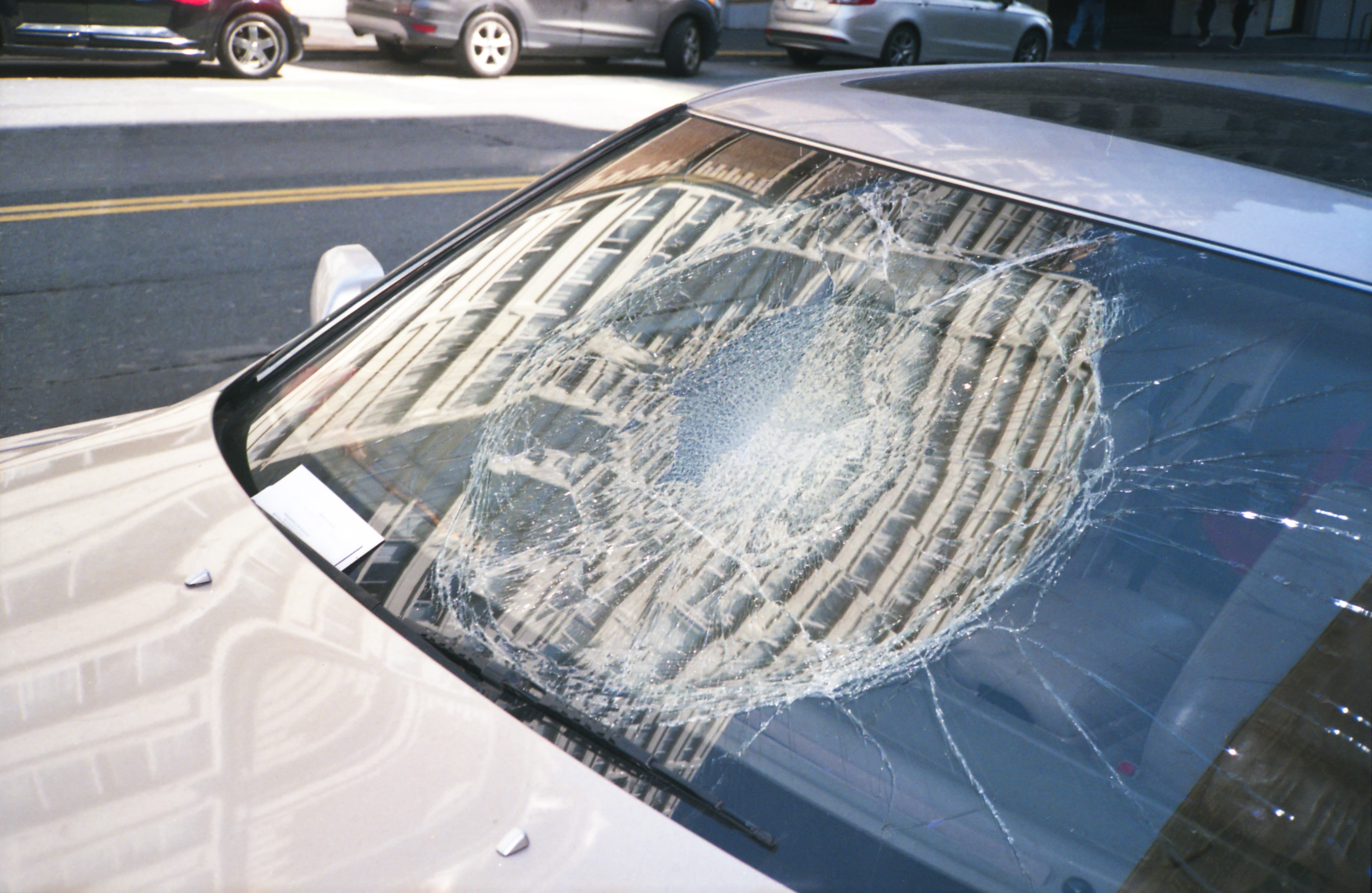Most of us have a love/hate relationship with our car insurance. Love, because we know that everyone who drives a vehicle in Ontario is protected by insurance, should an accident occur. Hate, because having to renew car insurance means another insurance bill.
Every car insurance renewal is an opportunity to revisit your insurance needs and the premium you pay. Depending on your personal circumstance, your auto renewal may even be an opportunity to reduce the amount you pay for car insurance.

Timing of when you need to renew car insurance
Your insurer begins work on your renewal quite a long time before your actual renewal date. In some cases, this work begins as much as 90 days prior to your renewal date. At about 45 days prior to your renewal, your insurance professional should know the renewal terms for your policy and be ready to discuss it with you. For those wondering when can you renew car insurance in Ontario, this is the beginning of the process. Rest assured that even if you don’t reach out to your provider about the renewal, your insurer or broker is required by law to send you a copy of the renewal documents at least 30 days prior to the actual renewal date.
That doesn’t mean your policy renewal is locked in for the next year, as you are able to easily make changes to your policy renewal during this thirty-day period. We strongly encourage you to contact your insurance provider to discuss your policy, how the rate has been determined and whether the document reflects how you currently use your vehicle.
What can increase my rates when I renew car insurance?
If you notice that your renewal premium is higher than what you have been paying, there are several factors that might explain the increase.
At-fault accidents
Experiencing an accident where you or a driver of your vehicle was deemed to be partially or wholly responsible, may cause your insurance premium to increase. There are a couple of ways that having an at-fault can affect your premium. The first is a change in the rating of your policy. You can expect your base insurance premium to increase upon renewal. The second is the loss of any “loss-free” credits that may have been applied to your premium previously.
Note that not every at-fault accident will increase your premium. If you purchased an optional “Accident Forgiveness” add-on, there may be no change at all. Be sure to contact your insurance professional to discuss whether this optional coverage is right for you.
If you are wondering how fault is determined in Ontario, the answer is that the province has compiled a set of “fault determination rules” that decide who is at fault in literally hundreds of different scenarios. Your claim adjuster will collect the information about the accident and then compare the details against these fault determination rules to establish who is at fault. Partial fault is often applied when other vehicles involved in the accident also committed errors that contributed to the incident.
Not-at fault accidents, loss & damage
If an accident is deemed by an insurance investigator to be between 0% and 25% your fault, the claim won’t increase your renewal premium. If an investigation concludes that you were more than 25% at fault and someone was injured, or over $2,000 worth of damage occurred, your premium will increase unless you have accident forgiveness coverage.
Losses due to vandalism, theft, or being hit by an uninsured driver won’t typically increase your premium unless you’ve had to make multiple claims for these incidences, which would normally result in your insurer either increasing your deductible or removing comprehensive insurance or other related coverages.
Traffic tickets
One of the most common reasons for an increase in your premium at renewal is if the drivers of the car have experienced new traffic tickets. The driving history of each person listed on the car insurance policy is calculated into your insurance renewal premium. A single ticket by one driver may not affect your premium, however multiple traffic infractions can have a rather serious impact on your premium. A criminal conviction such as careless driving, stunt driving or driving over the alcohol limit will not only greatly increase your premium, but it could also result in the cancellation of your insurance policy.
New drivers
Adding a new driver to your policy can also increase your insurance premium. This might be a minimal increase for adding an adult with a clean driving record or a substantial increase if you add a teenage son who just passed his G2 driving exam. It is important to understand that anyone who regularly drives your vehicle should be added to your policy. That includes a grandparent who uses the car to drive the kids to soccer practice a couple times a week or a nanny who uses it to run errands.
Changes to your coverage when you renew car insurance
Making any changes to your coverage may also have an impact on your renewal premium. Increasing your Third-party Liability or Accident Benefits limits will affect your premium, as will reducing your deductible or adding any optional coverages.
How can I reduce my premium when I renew car insurance?
Regardless of whether your renewal premium increased or remained the same, you might be able to make some modifications to your policy that will reduce your premium. A few ways to decrease your insurance costs include:
Changes in driving usage
Over these past few years, many of us have changed the way we work. Far fewer of us are commuting into an office each day and are instead working from home most or all the time. If your car insurance premium was calculated based on you commuting to and from your office each day, you may see a notable decrease in premium by amending your policy to reflect this new decrease in use.
Increased deductibles
If you are a safe driver who has not experienced any accidents in recent years, you may want to consider increasing your deductibles. Every increase in deductible is accompanied by a reduction in premium but remember you will need to pay your higher deductible out of pocket if you need to make a claim.
Update drivers
If you previously had drivers listed on your policy who no longer drive or have access to your vehicle, removing them may decrease your premium. Perhaps a teenage son moved away from home, purchased and insured his own car. Or maybe an ex-spouse is still listed on a policy. Removing these drivers who no longer have access to your vehicle could result in a significant decrease in your renewal premium.
Use snow tires
Every Ontario auto insurer offers a credit if you use recognized snow tires during the winter months. An officially recognized snow tire will have a raised three peak snowflake symbol on the side of the tire. If you use winter tires, ensure that your insurance professional is aware so that the appropriate credit can be added to your renewal premium.
Add security features
If you have recently added (or are considering adding) an anti-theft device or vehicle immobilizer, you might qualify for a credit on your auto renewal policy. Check with your insurance professional to discuss what devices qualify for a credit.
When you can renew car insurance?
The answer to when you can renew car insurance in Ontario is that you can begin to consider your policy as early as 45 days prior to your renewal date. In addition to ensuring that all your policy information is accurate and up to date, you may be able to find ways to reduce your annual premium.
Ontario auto insurance is often difficult to decipher so we strongly suggest you speak to a licensed insurance professional to discuss your coverage, explore your specific needs and find out if there are ways to reduce your premium.







